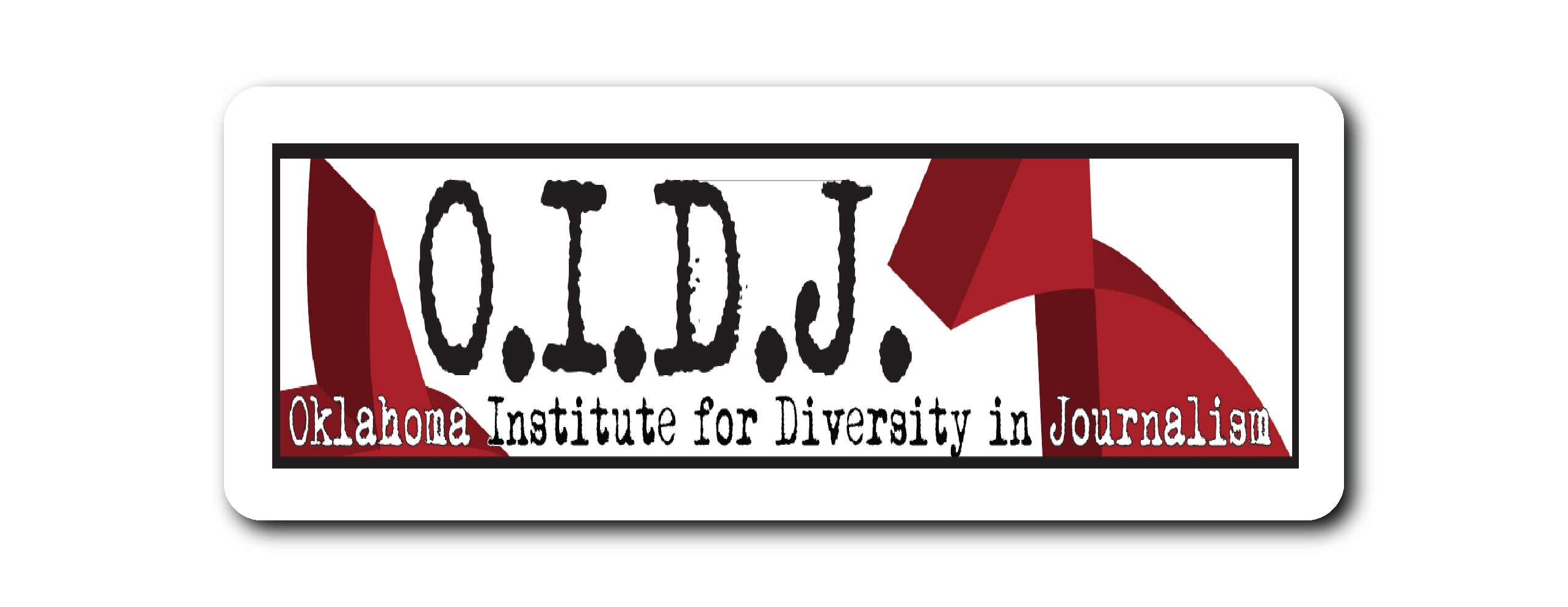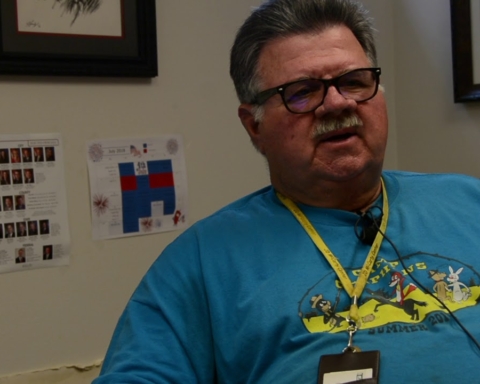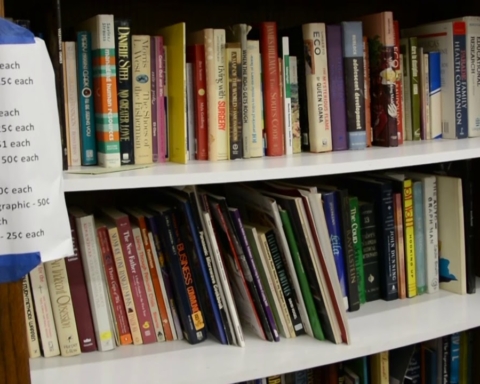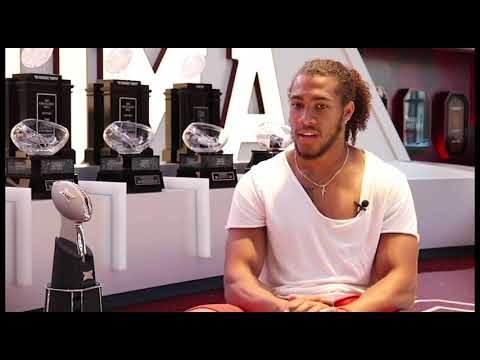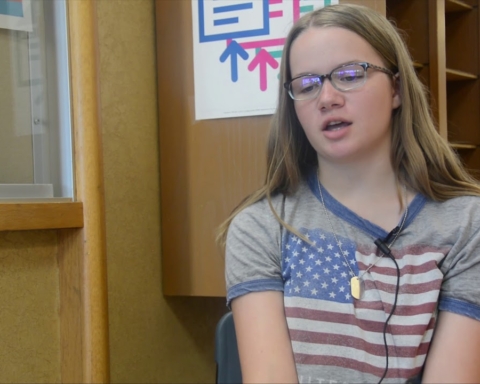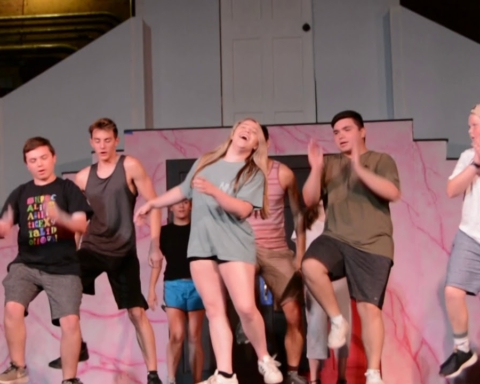Once a high school teacher, now an OU graduate assistant, Qwantis Bradley quickly realized times are much different now than they were when she was in school.
Through research and trying different teachings, she said she’s taking the Sooner Ally campus training course to help further her understanding of LGBTQ+ issues.
In each training session, educators and students can receive the opportunity to help support their LGBTQ+ peers through Sooner Ally.
“I want to be able to fully serve each student,” said Bradley, while at a July 17 session. “Every student has their own story, and I want to be able to cater to them.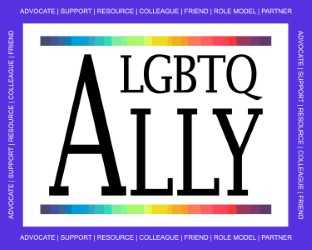
“I always wanted to be the safe place for students,” she said. “Public school doesn’t train you in these things.”
At this particular session, Bradley along with a room full of diverse educators and staff members completed the final course in their Ally training.
Located in the Gender and Equality Center in the student union, Jordan Weaver, LGBTQ+ program coordinator, started off with an introduction to challenging traditional views.
Weaver explained the detrimental impact on students when they are constantly fed the idea of fitting into a box – such as only being male or female or only gay or straight and that being all there is.
“When students are presented with these things from Day 1 and told that it is all there is, it can have really bad effects on mental health,” he said. “There is no left or right, no this or that.”
The session included alternative and more healthy viewpoints for students struggling with ideas of two boxes for gender and only a handful for sexual orientation, and challenging previous societal norms.
With the program’s focus on what it means to really be an ally, students and educators learn how to be there for peers in the community, how to be more open minded and spread acceptance as well as current terminology and how to make a more inclusive environment for everyone.
A big part of the session was going over various words important to the LGBTQ+ community and the people in it. With an interactive group activity of matching words to definitions, it also covered slurs and words that are considered more derogatory.
“I find myself hesitant to talk about LGBTQ+ issues or things surrounding it mainly because I’m unsure about current terminology and acceptability of terms,” said Monty Begaye, a graduate research fellow in educational leadership and policy studies.
While learning terms, the people that the words correspond to and the feelings or effects experienced are brought to a level of awareness and understanding.
“One of my goals is to challenge and transform the systems that have long since oppressed people,” Begaye said. “And this (training) is one step in the right direction.”
